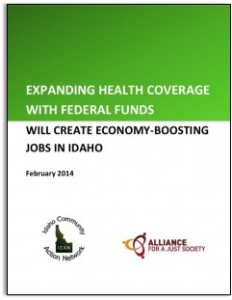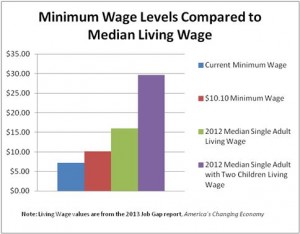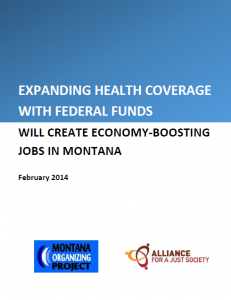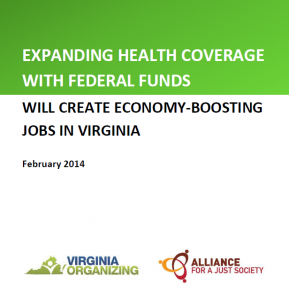For Immediate Release:
February 17, 2014
Contact: Kathy Mulady
Communications Director
Kathy@allianceforajustsociety.org
Affordable Care Act Reports are Missing Data on Enrollment by Race and Ethnicity
The Affordable Care Act has great potential to shrink the racial gap in health coverage. But we can’t tell how it’s doing without data on race and ethnicity.
Again last week when numbers were released by the Department of Health and Human Services about those enrolling in coverage under the Affordable Care Act – there was no data by race and ethnicity.
The ACA is an unprecedented opportunity to shrink the racial gap in health coverage and end inhumane disparities. How do we know who is being reached if Health and Human Services isn’t providing the data?
“It’s inexcusable. The department should collect and release full race and ethnicity data. Failure to do so suggests that HHS doesn’t see closing the racial coverage gap as a high priority,” said LeeAnn Hall, executive director of the Alliance for a Just Society.
“Our nation faces critical health disparities that are associated with race, ethnicity, culture and language. Minorities and the poor suffer more, and die sooner, than the general population,” she said.
In January, HHS released its first numbers on enrollment. More data was released by the agency February 12. Again, an analysis of enrollees by race and ethnicity was missing.
The most difficult groups to enroll are those who have never had health insurance, who speak different languages, or who have never been able to afford health insurance. They should be the first priority of enrollment efforts. The department’s own reports show that 31 percent of Latinos, 21 percent of African Americans, and 18 percent of Asian Americans are uninsured.
It is imperative to count who is enrolling – and make that data public.
Those who are working to bring information about health care benefits to minority communities need data. With these tools we can make sure no mother, father or child suffers or dies because they can’t afford to go to the doctor.
# # #
The Alliance for a Just Society, based in Seattle, WA, is a national research, policy and organizing network that focuses on health care, economic, racial and social justice.
 If Idaho accepts federal funds to expand Medicaid coverage, an estimated 88,000 state residents will gain health insurance. In addition, accepting the federal funding will also create jobs more than 16,000 jobs and boost the Idaho economy, according to a new report by the Alliance for a Just Society. The report was released today by Idaho Community Action Network.
If Idaho accepts federal funds to expand Medicaid coverage, an estimated 88,000 state residents will gain health insurance. In addition, accepting the federal funding will also create jobs more than 16,000 jobs and boost the Idaho economy, according to a new report by the Alliance for a Just Society. The report was released today by Idaho Community Action Network. Continue reading “Expanding Health Care Coverage With Federal Funds In Idaho Will Create Economy-Boosting Jobs”
Continue reading “Expanding Health Care Coverage With Federal Funds In Idaho Will Create Economy-Boosting Jobs”





